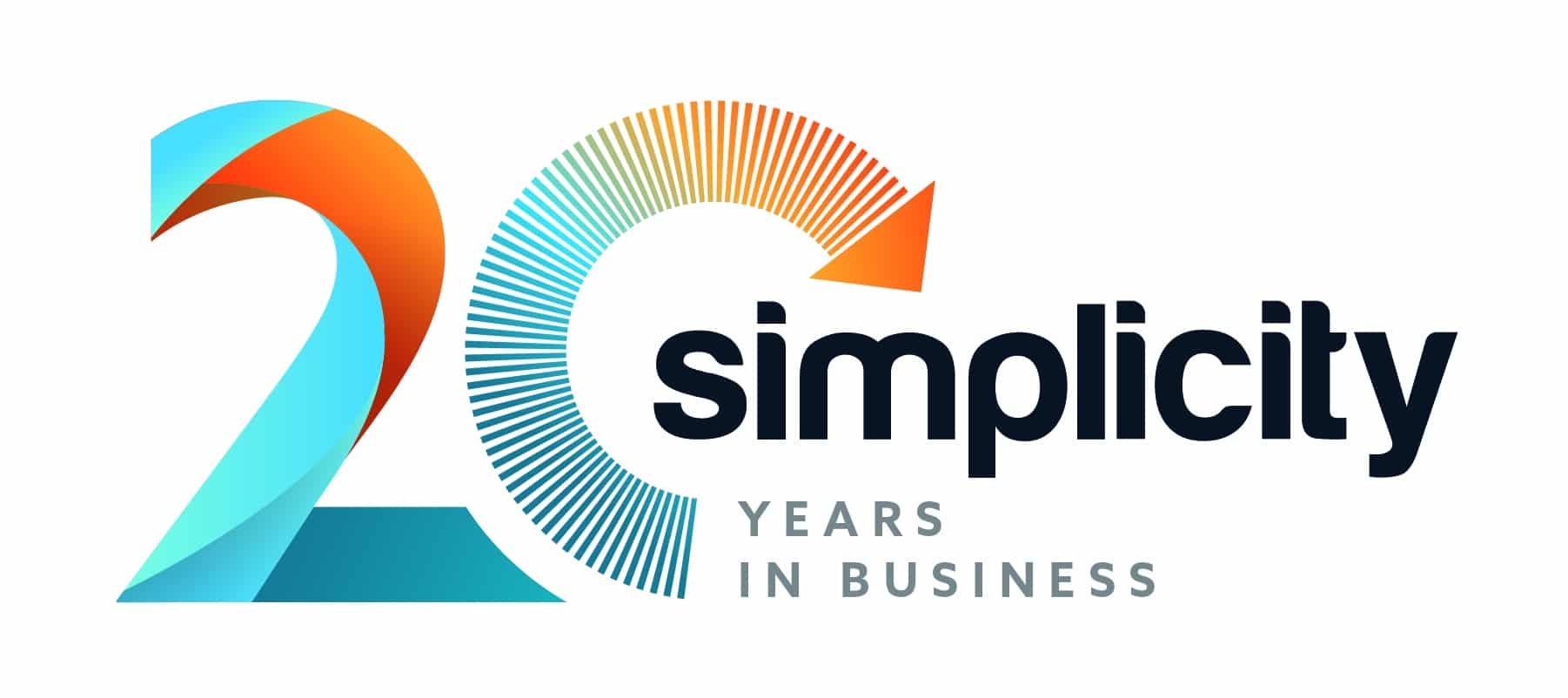We describe three methods to help you develop a stand out brand. Whether you’re trying to start an agency or aspire for business growth.
It isn’t easy to distinguish out as a recruiting agency. With over 40,000 recruitment companies in the UK attempting to say the same thing, how can you stand out?
Being a successful agency depends on various things, most of which are entirely within your control. Starting at the top, let’s consider the three most important factors while creating a distinctive, engaging, and effective agency.
Branding & Website
Creating a website was the domain of highly trained (and often costly) developers and web design specialists. While we still advocate hiring a professional, mainly anyone nowadays can create a respectable-looking website utilising platforms like WordPress.com, Wix, or Weebly. New websites are developing at an alarming rate thanks to easy drag-and-drop editors.
What precisely is that valuable information to you as an agency? For starters, it demonstrates how crowded the internet is, making capturing and retaining someone’s attention all the more difficult.
With your competition only a click away, you must give potential customers a reason to stay with you. The first (and best) method to achieve this is to have a user-friendly website, with branding, content, and navigation as the best places to start.
Fonts and colour schemes
Finding the proper colour scheme for your website is critical, and your company logo will most likely influence it. To establish your distinct style, you should study the colours used by your competitors and industry. For example, greys, dark blues, and whites portray a feeling of professionalism, whilst a more daring colour palette conveys a corporation seeking to ‘shake things up a little.
These are key considerations to bear in mind when selecting a colour other than“simply because you like it.” To discover more about such factors, see Gregory Ciotti’s article on the psychology of colour in marketing and branding.
Make your font readable (size and style) and match your company’s “voice.” You’ll want people to see you as a serious recruitment company. This includes avoiding flashy typefaces in ‘Comic-Sans-esque’ styles (lime greens, oranges, yellows). Similarly, if you want a more forward-thinking and modern style, avoid using obsolete typefaces such as Times New Roman or Lucida (although these can still work well on sites specialising in more traditional, senior-level roles).
Logo
Depending on the limits of your company and/or industry, your logo might be renewed and optimised for the present market. We recognise that if you’re a long-established agency with a great reputation, you’re more inclined to stick as close to the original as possible (maintaining brand heritage etc.). However, while revamping a logo may be hazardous and contentious, certain businesses are more receptive than others.
A refreshed design may do wonders for your whole marketing and brand strategy. If your logo redesign is done effectively and retains identifiable aspects vital to your company.
These days, factors to consider while designing a logo include the following:
- How will it appear on different social media platforms?
- Will it convert into an app icon (if you have or want to have one)?
- Its application on corporate footers, visuals, and marketing materials?
- A high-resolution vector logo (in PNG or JPG format) with a translucent backdrop will enable smooth and efficient corporate branding.
Tagline
Consider what you want your agency to communicate in terms of taglines. Then, whatever it is, please keep it to 6 words or fewer. Aside from being more succinct and memorable, a shorter tagline will look much better with logos, your website, and email footers.
Contact information
Make sure your contact information is available. We mean on every page of your website when we say “easily accessible.” Whether it’s a normal ‘contact’ link on your website, or a popup on the side of every page, providing potential clients with the simplest way to reach you is a must.
Customers change frequently, and if they lose patience trying to find your phone number or email address, they will click off and move to the next agency. As a result, make your information accessible and clickable.
Navigation
Whatever your ideas are for giving your site a great, modern feel, never sacrifice its navigation capabilities. If you want to lower your website’s bounce rate and keep customers engaged for longer, provide a clear path to and from other pages or sub-menus.
If you have the means and time, establishing a blog full of original and excellent material centred on your major company focus will elevate you above many competitors while increasing your power in such industry debates.
Use of Social Media
Being active on social media is especially vital if you want to garner more attention as an agency. So, if you haven’t already, get set up on the main three and read up suggestions on each.
The first and most obvious network for an agency to evaluate. LinkedIn, with over 875 million users, is well-known for connecting like-minded professionals worldwide. Contacting individuals and discovering relevant talent is simple since the search tool allows you to search across sectors and job positions, allowing you to identify possible applicants and companies wanting to recruit.
Joining relevant recruiting groups may also help you remain up-to-date on industry news and events. Allowing you to contribute and share information that will get your name seen. Remember, the first step is to ensure your company page is polished and updated.
Using Twitter is another approach to establishing your business as informed and trustworthy. Twitter allows you to engage with a wide range of possible candidates, clients, and other valuable contacts within the larger world of recruitment, whether it is to provide corporate updates, external (but high-quality) information from reputable sources, or weekly competitions and riddles.
Like any other social media platform, Twitter should be used to its full potential, which includes engaging in frequent contact and outreach with key personalities and influencers in your areas of expertise.
You might be excused for dismissing Facebook as a valuable recruiting resource or advertising agency resource. But first, consider the following startling statistics:
- 40% of job searchers utilise Facebook to look for jobs
- 59% of all job seekers said social media helped them get their most recent position.
- During their job hunt, 79% of UK job seekers utilise social media in some capacity.
- With 85% utilising social media in their job hunt, millennial job searchers are the most active age group on social media.
- Freelancers are the most likely employment category to utilise social media for job searching, with 91% having done so in their most recent job search.
Facebook is more than a personal place filled with cat memes, holiday images, and prank videos, with more users than any other social networking site. With the younger generation wielding such sway over the company’s future and recruiting, it makes sense to reach out to them through their preferred channel.
Become an Expert
A critical decision for the future of your recruitment company is whether to be generalist or specialised. Getting this right from the outset will make it apparent to your potential clients what service you provide and whether it will be valuable to them. While both generalist and speciality agencies have advantages, here are some factors to consider before deciding:
- Do you have relevant experience in a certain field?
- Is your community a hub for a certain industry?
- Are there more jobs you’d struggle sourcing than you’d be competent at?
If you answered yes to all three of the above questions, you’re more likely to be suited to the expert route. This allows your agency to focus on what it does best and ensures that you will give the same level of quality service every time.
If your responses were mixed, you might still be an expert in particular areas while still providing more broad employment options. While this may appear to be a contradiction, there is a market for agencies that can ‘zone in’ on one field more than another. Certain agencies specialise in senior management roles but may consider an entry-level opening in complicated areas such as IT or construction.
You may argue that this strategy undermines the premise of being a specialist. Still, it does provide your organisation with greater flexibility when it comes to optimising productivity and, when done right, will only enhance your reputation across many industries.
So, how can I distinguish myself as a specialist?
First and foremost, you (or your team) should have relevant recruitment experience in the sector of your choice. As basic as this may seem, you’d be astonished at how many businesses are winging it these days.
Following that, you must optimise your website using the appropriate keywords and industry-specific phrases. This will not only help you be found in online searches, but it will also give your potential visitors trust that your service is comprehensive and educated.
Publishing your own material and sharing related, high-quality information centred on your expertise will demonstrate your speciality abilities and confirm your industry knowledge.
Finally, as mentioned earlier, make sure your website matches the industry you specialise in. For example, if you run a construction or engineering agency, your website should incorporate relevant photography and be pretty linear in its navigation. An engineer’s or construction worker’s thinking concerns how well things operate. Thus an operating site that provides its service efficiently and accurately makes sense. In comparison, if you’re an agency trying to specialise in Digital / Creative, you have greater leeway to make your site more… well… creative!
The above suggestions will ensure that your site is correctly identified as a specialist in your chosen subject.
Conclusion
If you remember one thing, make it this: the greatest way to stand out in business is to deliver honest, high-quality service. That is the key to every business, not simply recruitment. Getting all other variables (efficiency, social media, website design, specialisations) to work together can propel your agency to the next level.
Simplicity is here to help.
With the support from Simplicity’s solutions which provides recruiters with financial and back-office support and FREE recruitment technology, recruiters can not only get started but prosper and grow. Find out how we can support you to get started today by speaking to one of our specialists at 01594 888518 or email sales@simplicityinbusiness.com
Read our latest blog, Why you can’t afford to overlook outsourcing.



